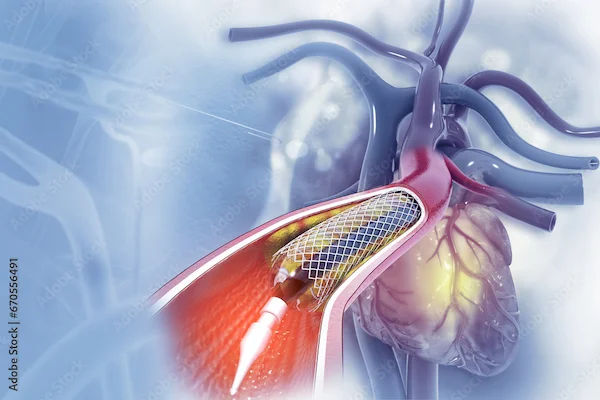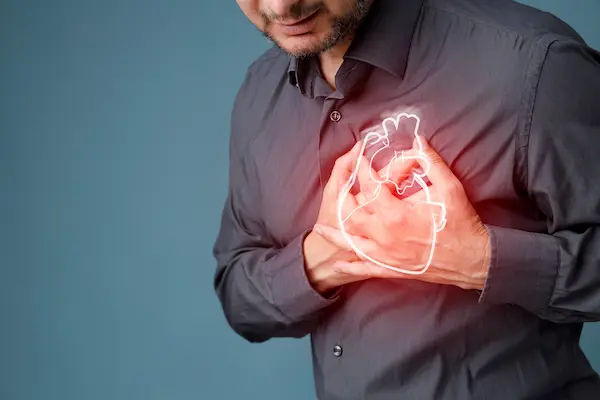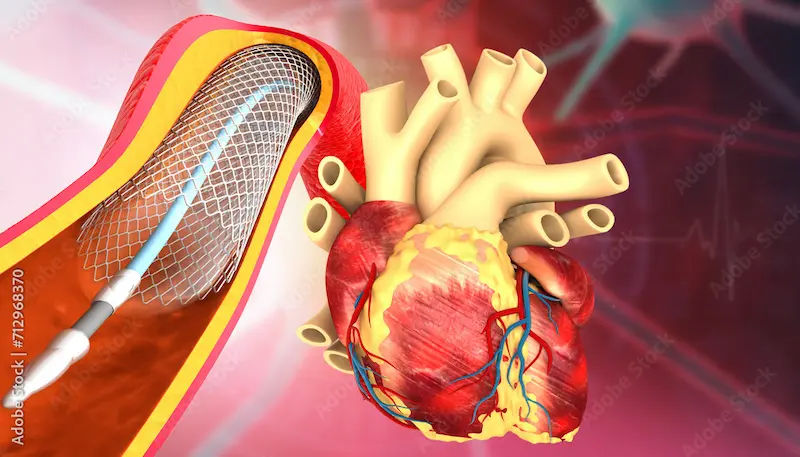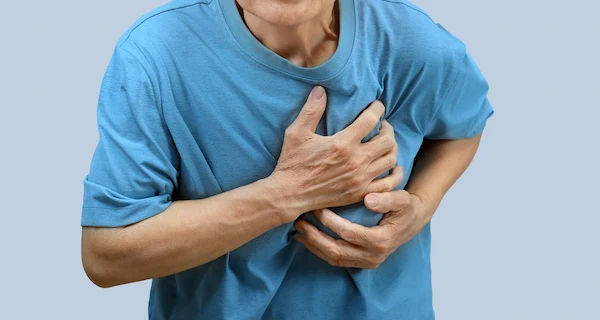- Male
- 28 Years
- 29/01/2025
I'm a 28-year-old male, and I've been told I have grade 1 diastolic dysfunction. It's been about a week now, and I'm starting to find that I'm having a bit of trouble with breathing and noticing my heartbeat more. Sometimes it feels like my heart skips a beat, and occasionally I feel like my heart is struggling to pump. What kind of diet and exercise would be good for my condition?
Answered by 1 Apollo Doctors
For grade 1 diastolic dysfunction, it is important to focus on a heart-healthy diet and regular exercise routine. Include plenty of fruits, vegetables, whole grains, lean proteins, and healthy fats in your diet. Limit your intake of sodium, saturated fats, and added sugars. Stay hydrated and avoid excessive alcohol and caffeine consumption. For exercise, aim for at least 150 minutes of moderate-intensity aerobic activity per week, such as brisk walking, cycling, or swimming. Additionally, include strength training exercises at least twice a week to improve overall cardiovascular health. As for your symptoms of difficulty in breathing, feeling your heartbeat, and heart palpitations, it is important to monitor your condition closely. If these symptoms persist or worsen, I recommend consulting with a cardiologist for further evaluation and management.
Dr. Dr Khaleel Suggests...
Consult a Cardiologist
Answered 04/07/2025
0
0

More Cardiology Health Queries
View allI was wondering if an ECG could show signs of WPW syndrome. Lately, I've noticed that my heart rate sometimes speeds up, and I'm currently on Dilzem. Could you provide some guidance on this?
Yes, an ECG can show signs of Wolff-Parkinson-White (WPW) syndrome. Since your heart rate increases at times, Dilzem (Diltiazem) is a calcium channel blocker that can help manage this condition. The usual dosage for Dilzem in WPW syndrome is 120-360mg per day, taken in divided doses. It's important to follow your doctor's recommendations for the correct dosage and frequency.
Answered by 1 Apollo Doctors
I'm having this chest pain again, just like a few months ago. I've already seen a doctor and done an ECG, but everything came back normal. It's happened three times nowsame pain, normal ECG results. What should I do next?
See a specialist for accurate diagnosis and targeted treatment.
Answered by 1 Apollo Doctors
I'm a bit worried after my recent Echo test showed Grade 1 Diastolic Dysfunction. They mentioned I have good LV Systolic function and my LVEF is at 64%. The results also showed MV e wave of 0.62 msec and MV a wave of 1.17 msec. I'm currently on Olmesar CH 20 for my blood pressure. Do you think I need any additional treatment?
u can continue the same treatment.Also dash diet is advised
Answered by 1 Apollo Doctors
Disclaimer: Answers on Apollo 247 are not intended to replace your doctor advice. Always seek help of a professional doctor in case of an medical emergency or ailment.





